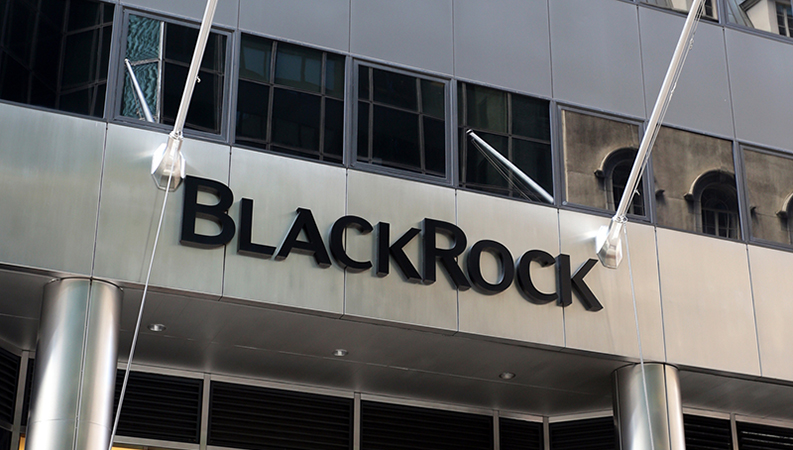Blackrock’s largest shareholder PNC Financial has decided to ditch its entire stake in the asset manager as it eyes M&A opportunities in disrupted markets following the coronavirus.
The Pittsburgh-based bank announced on Monday it was offloading its entire 22% stake, ending a 25-year relationship with the $6.5trn asset manager.
PNC will sell 34.3 million of its shares via a public secondary offering with Blackrock buying back $1.1bn of shares directly from the firm. It will donate its remaining 500,000 shares to its charitable foundation by the end of Q2 2020.
PNC first purchased shares in Blackrock in 1995 and is currently the largest stakeholder in the business.
Explaining the decision PNC chairman, president and CEO William Demchak said the “the time is now right” for the bank to realise the substantial return on its investment, adding that the deal would allow PNC to significantly enhance its balance sheet and liquidity and “take advantage of potential investment opportunities that history has shown can arise in disrupted markets.”
Move beneficial for Blackrock and PNC
Tilney managing director Jason Hollands viewed the deal as positive for both PNC and Blackrock, allowing the former to bolster its capital position and make acquisitions in its own sector “where the synergy opportunities could be high”.
“When PNC originally invested in Blackrock, the business was heavily focused on mortgage securities, so a more natural fit with a lending bank than the diversified asset management behemoth it is today,” Hollands said.
“For Blackrock, I think this is ultimately a positive as it will significantly improve the free float and enable it to diversify its shareholder base,” he continued. “It won’t have any operational impact on the business.”
Hollands didn’t think the deal had wider implications for shareholder support at other asset managers, noting that many banks have spun off their asset management interests years ago.
“In the near term, like most businesses, asset managers will see profits squeezed as a result of the pandemic, principally due to lower assets under management,” he said.
But he added: “As businesses with recurring revenue models and which can operate remotely, the sector is in a lot better position than most.”
Blackrock’s resilient share price provides good exit point for PNC
Willis Owen head of personal investing Adrian Lowcock agreed PNC’s decision says more about its desire to free up cash for an opportunistic play than Blackrock’s potential as a business.
“Banks are facing challenges this year and $17bn gives the company the dry powder to be able to protect itself during uncertain times as well as have the capital available to make opportunistic acquisitions,” Lowcock said.
“Given how well Blackrock’s share price has held up during the crisis it could be a good exit point for a company looking at other areas to grow its business.”
Blackrock shares are down just 3% year-to-date at $493 a share but the fund group saw its shares plunge 42% during the coronavirus sell-off, which was on par with other larger players.
PNC planning for ‘sizeable acquisition’
In an analyst note published on Monday JP Morgan said it understood PNC was planning on using the proceeds from the sale to fund a “sizeable acquisition”.
It added there was no imminent transaction lined up but that speculation around potential acquisition candidates had already begun.
“The key challenge for PNC is whether it will be able to find a sizeable, attractive enough acquisition to offset the dilution from the sale,” the investment bank said.
“If the bank has to use most of the proceeds for share buybacks, this transaction would be permanently dilutive. If the recession is prolonged, PNC may have greater opportunity for an attractive acquisition, but banks are better capitalised than heading into the last crisis.”







